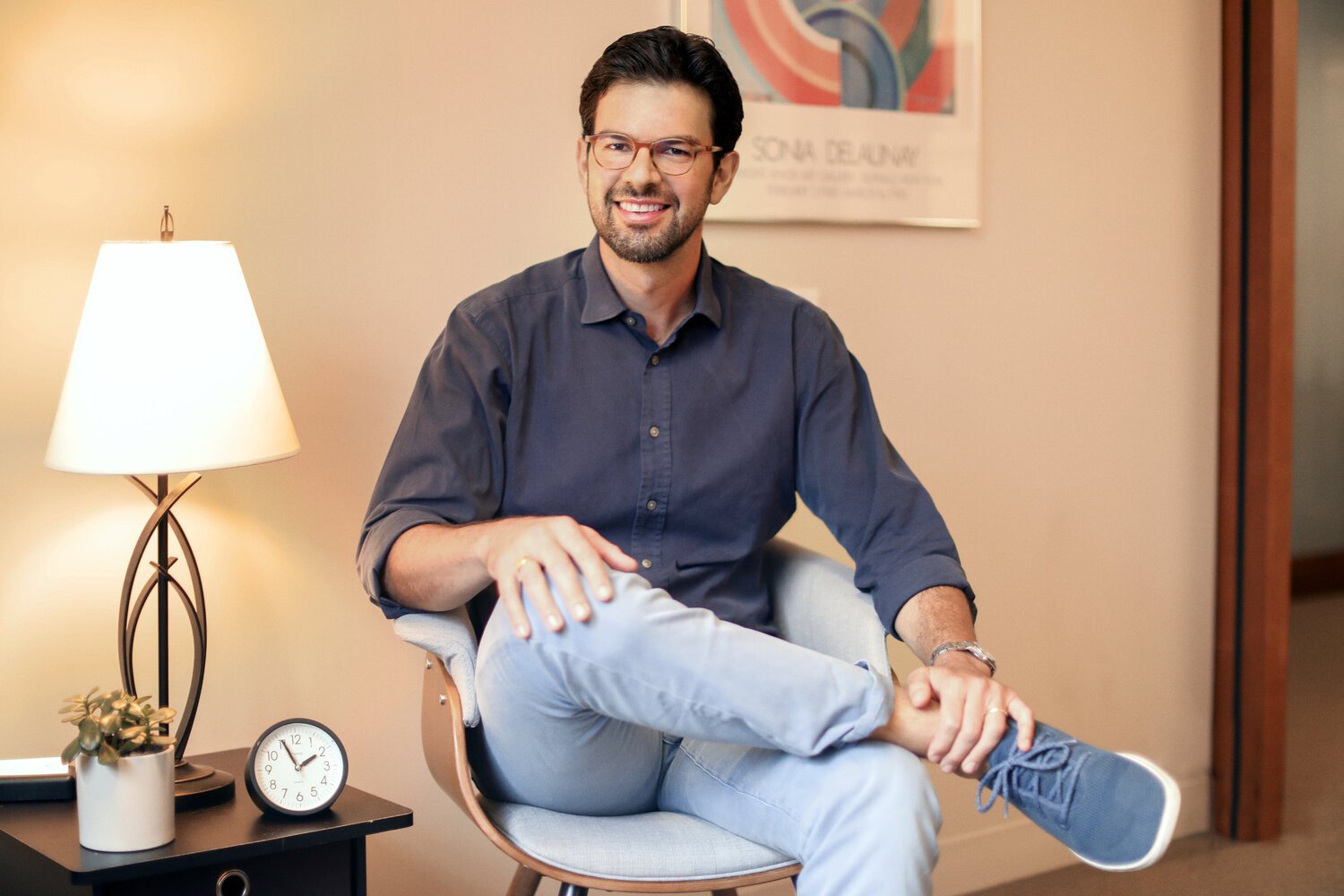Meet the Freedom Institute Team: Alex Dayton, LMHC, Clinical Director
At Freedom Institute, Dialectical Behavior Therapy (DBT-S) and Relational Family Therapy are the foundation of our clinical programming for substance use disorders. We are proud to be the first in New York City to offer this combination of powerful treatment modalities, and have been doing so for nearly eight years.
Meet Alex Dayton, LMHC, Freedom Institute’s Clinical Director, who has been with us since 2009.
Why Dialectical Behavior Therapy?When our team was first trained in DBT-S (Substance Abuse) by Dr. Marsha Linehan’s team at Behavioral Tech, less was known about the direct application of DBT with substance use disorder. We’ve found it to be incredibly valuable in helping people develop skills to cope with the challenges of recovery and create a life worth living. As an evolution of Cognitive Behavioral Therapy, DBT was originally designed to help people who have difficulty regulating their emotions and engaging in risk-taking/self harming behaviors. This would describe the experience of most people who struggle with substance addiction, and so the overlap and application of DBT is a natural fit. Who wouldn’t benefit from the skills such as emotion regulation, distress tolerance, interpersonal effectiveness, and mindfulness? DBT teaches those skills, and, in a very hands-on way, we help our clients apply those skills in their every day lives. Additionally, we offer DBT skills training to families which serves to create a common skill language between clients and their loved ones.
How does Relational Family Therapy work at Freedom Institute?Relational family therapy focuses on the relationship as the client. In family therapy, we see the problem as a vehicle for working on improving family relationships. With our extensive experience in supporting people in finding their way to substance health and recovery, we know that the inspiration for change can originate from any point in an individual’s life. If we can help these family relationships heal and grow, then we have radically increased the availability of the inspiration for change in any family member’s life and helped to foster a supportive place for recovery in someone’s family. That’s why it is so vital to our work that we include family members in our assessments.
What brought you to this work?
If you had asked me when I was 5 years old “what do you want to be when you grow up?” I would have said that I wanted to be a stand up comedian. In retrospect, it was about the desire to bring joy into people’s lives. Reflecting on this as a core principle, it’s reassuring to see that I’ve not veered far off this course in my adulthood. I have a fundamental desire to bring more joy into people’s lives and help them to discover a life worth living; I’ve just found a different way to do it than originally planned.
What keeps you in this work?
My connection to my clients and colleagues at Freedom Institute, as well as our larger treatment community. I have the privilege of working with a myriad of interesting, kind, compassionate, dedicated, and intelligent people. I’m grateful to feel inspired by my clients and colleagues every day.
What do appreciate about working at Freedom Institute?
I appreciate working in a supportive and yet challenging environment. While no two days are the same at Freedom, the warm and supportive treatment of clients and staff is consistent and helps sustain us all.
What is your favorite part of your job?
My favorite part is being able to witness people regaining a sense of control and worthiness in their lives.

